Recent advances in tensor network state methods via AI accelerators and mode optimization.
Prof. Legeza Örs (Wigner Research Centre for Physics)
Start Date/Time: 2024-11-20 / 3:00 p.m. (Taipei time)
End Date/Time: 2024-11-20 / 4:30 p.m.
Online Zoom Link: https://us02web.zoom.us/j/86867205231?pwd=OTJVTURuVU9FVzkzR01kMVUwcGVvZz09
Abstract:
We propose a general approach to find an optimal representation of a quantum many body wave function, i.e., a parametrization with the minimum number of parameters for a given error margin via global fermionic mode optimization. The stationary point on a fixed rank matrix product state manifold is obtained via a joint optimization on the Grassman manifold together with swap gates controlled permutations. The minimization of the global quantity, the block entropy area, guarantees that the method fulfills all criteria with respect to partial derivatives. Numerical results via large scale SU(2) spin adapted density matrix renormalization group simulations on strongly correlated molecular systems and two-dimensional fermionic lattice models are discussed. We demonstrate that altogether several orders of magnitude in computational time can be saved by performing calculations on an optimized basis and by utilizing AI accelerators via hybrid CPU-multiGPU parallelization. Scaling analysis on NVIDIA DGX-H100 platform is also presented, advertising that quarter petaflops performance can be reached on a single node.


